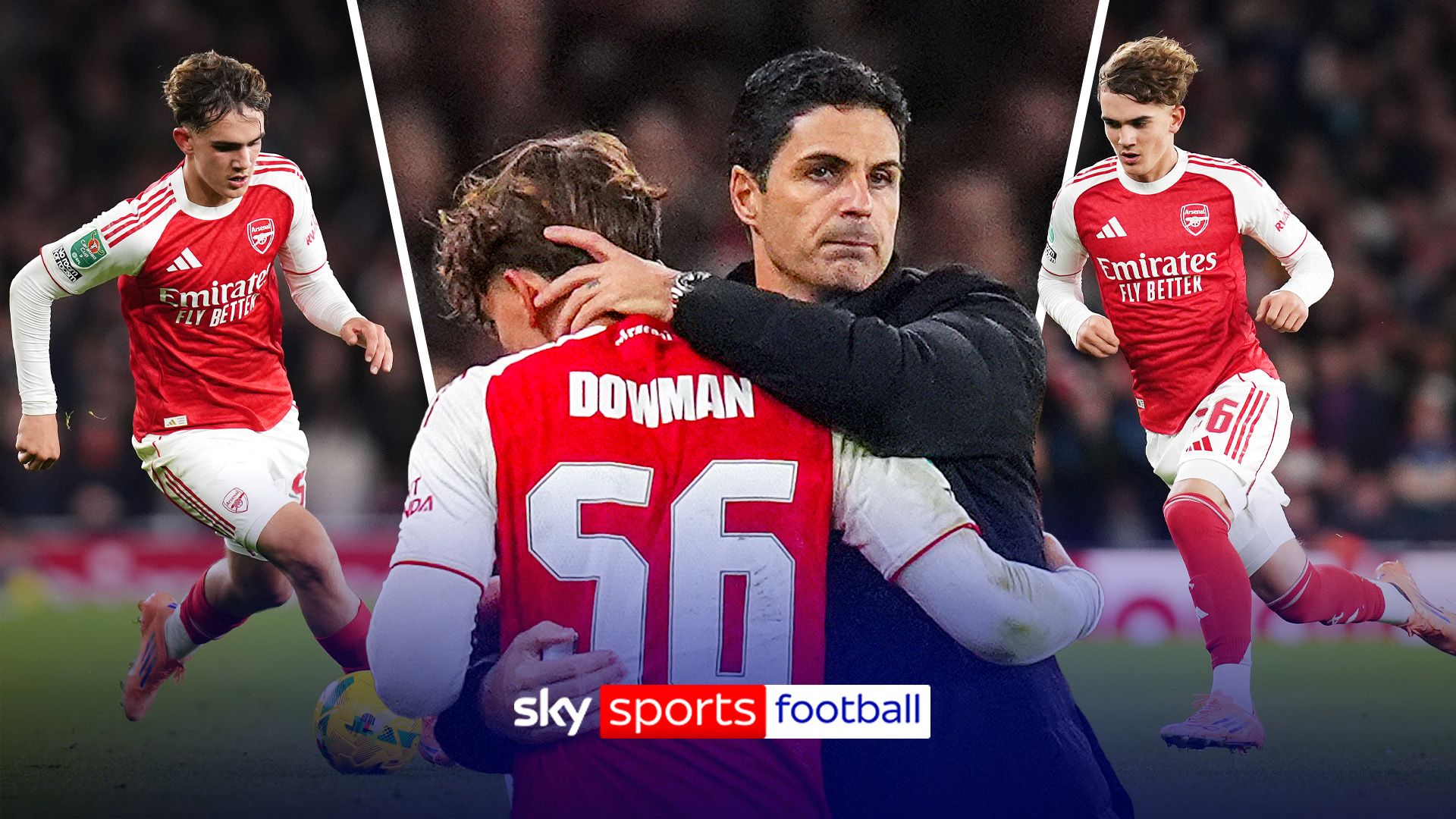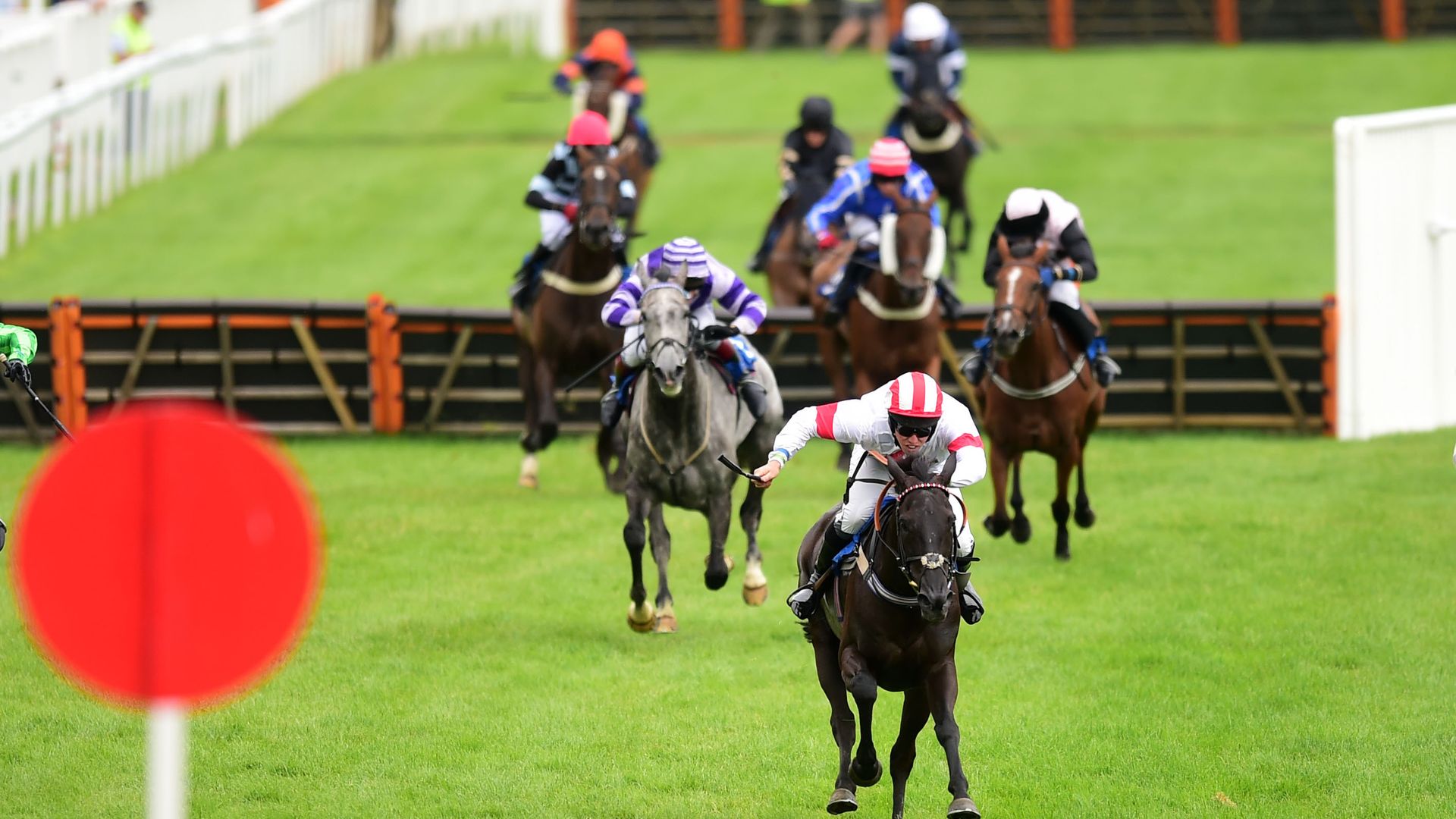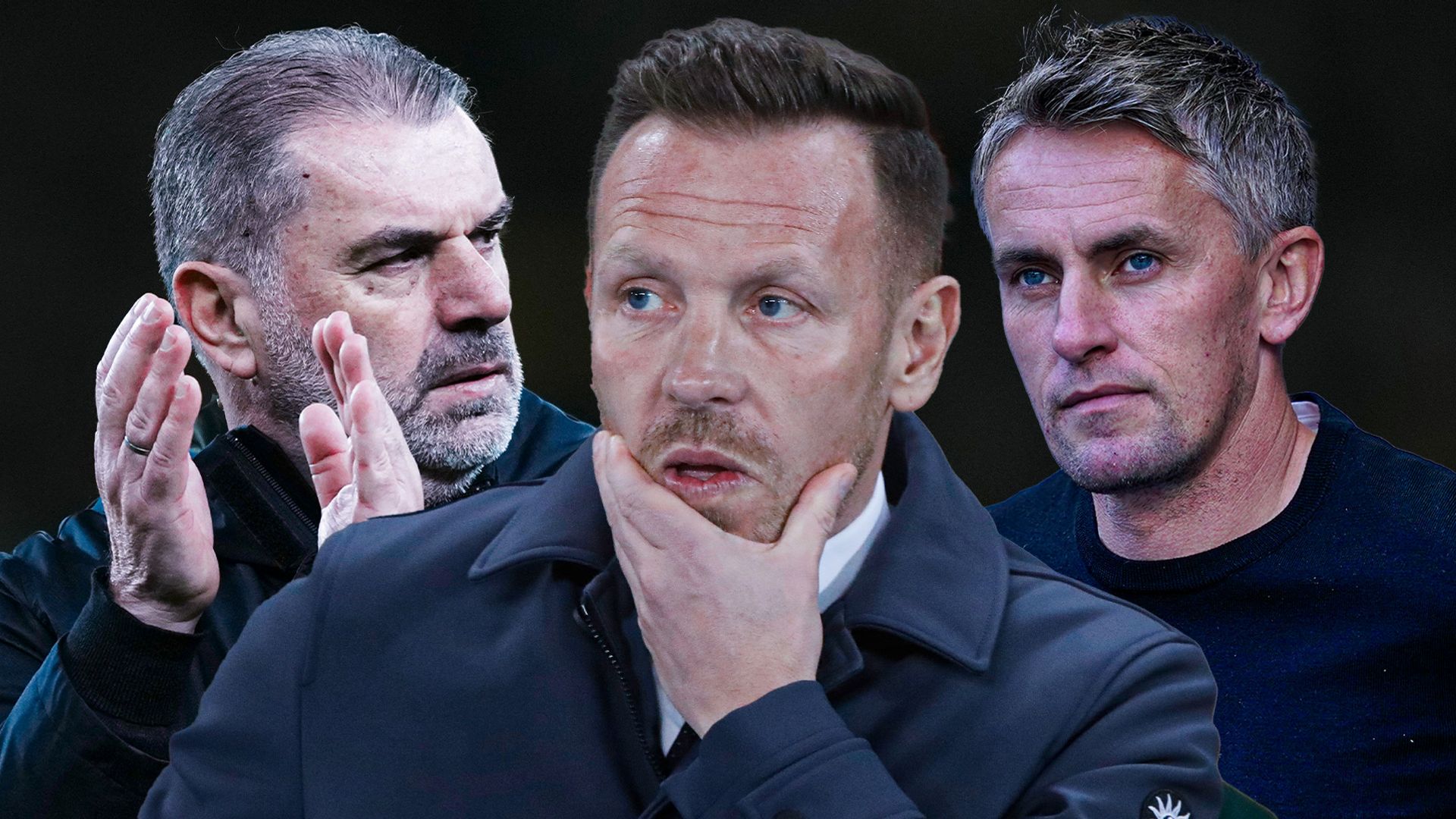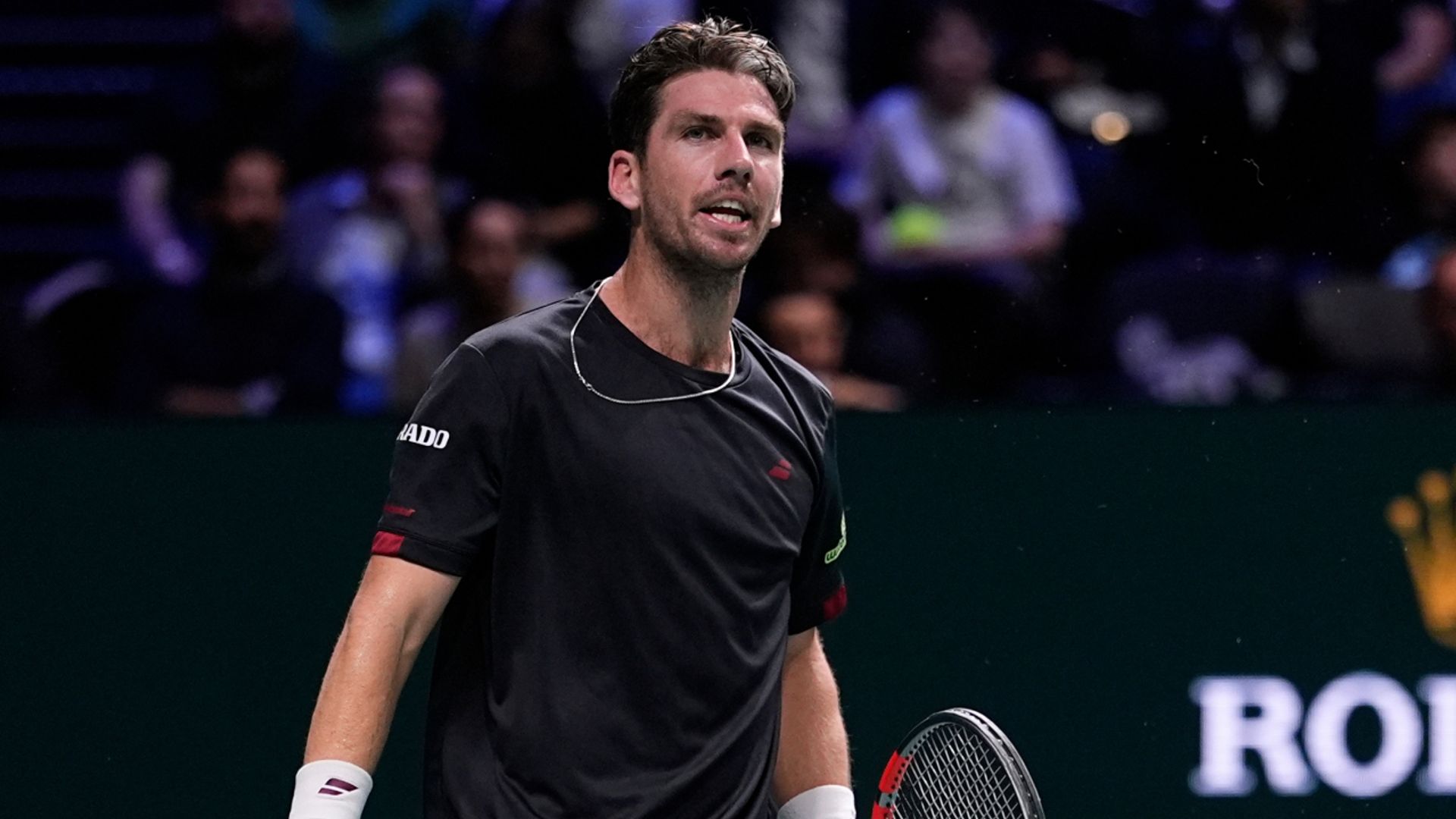Max Dowman’s Debut Is a Sign of the Apocalypse for Traditional Football Values and a Challenge to the Status Quo of Youth Development in the Premier League as the Game’s Soul Is Sold to the Highest Bidder
In the world of football, few events spark as much debate as the emergence of young talent on the grand stage. The recent full debut of 15-year-old Max Dowman for Arsenal against Brighton in the fourth round of the Carabao Cup has reignited discussions about the future of the sport, the commercialization of youth talent, and the implications for traditional football values. Dowman’s performance, filled with flashes of brilliance and youthful exuberance, has drawn both praise and concern, highlighting the stark contrast between the romanticized image of football and the harsh realities of modern-day commercialization.
Arsenal, a club steeped in history and tradition, has always been a breeding ground for young talent. From the legendary days of the “Invincibles” to the club’s commitment to nurturing homegrown players, the Gunners have long prided themselves on their youth development. Dowman’s debut, however, comes at a time when the essence of this tradition is increasingly under threat. The rise of financial powerhouses in football has led to a culture where money often trumps merit, and the sanctity of nurturing young players is compromised.
In many ways, Dowman’s debut symbolizes a pivotal moment for football. It is a microcosm of the broader trend where clubs prioritize immediate results over long-term development. The pressure on young players to perform at an elite level from a tender age is immense, often leading to burnout and mental health issues. Dowman’s entry into the first team, while celebrated by many, also raises concerns about the sustainability of such a model. Can a 15-year-old truly handle the pressures of professional football, or are we setting them up for failure in pursuit of glory?
The commercialization of youth talent is not a new phenomenon; it has been a growing trend in football for decades. With the advent of social media, young players are thrust into the limelight before they even step onto the pitch. Their every move is scrutinized, analyzed, and dissected by fans and pundits alike. This relentless pressure can stifle creativity and lead to a cookie-cutter approach to player development, where individuality is sacrificed for the sake of conformity. Dowman’s debut serves as a stark reminder of the difficult balance between nurturing talent and exploiting it for commercial gain.
Moreover, the financial realities of modern football cannot be ignored. Clubs are now more focused on immediate success, often opting to invest in seasoned professionals rather than take the risk on untested youth. This shift in priorities has profound implications for the future of the game. As more clubs turn to foreign markets to acquire talent, the opportunities for homegrown players diminish. Dowman’s debut may have been a triumph, but it also highlights the precarious position of young players in a system that increasingly values profit over potential.
The reaction to Dowman’s performance has been mixed. While many celebrate his talent and potential, others express concern about the expectations placed on such a young player. The narrative surrounding youth players often swings between glorification and vilification, creating an environment where they are either hailed as the next big thing or subjected to harsh criticism when they falter. This duality can have a detrimental effect on a young player’s development, leading to anxiety and self-doubt.
As we reflect on Dowman’s debut, it is essential to consider the broader implications for football as a whole. The sport is at a crossroads, facing challenges that threaten its very foundation. The commercialization of youth talent, the relentless pursuit of success, and the pressures placed on young players are all part of a complex web that shapes the modern game. Dowman’s emergence is a reminder of the potential that exists within the youth ranks, but it also serves as a cautionary tale about the potential pitfalls of a system that often prioritizes profit over passion.
In this ever-evolving landscape, the question remains: what is the future of youth development in football? As clubs continue to navigate the tension between commercial interests and the nurturing of young talent, the fate of the game hangs in the balance. Dowman’s debut may have captured the imagination of fans, but it also illuminates the challenges that lie ahead for the next generation of footballers. The world will be watching as the narrative unfolds, eager to see whether the spirit of the game can survive in an age where the pursuit of profit threatens to overshadow the love of the sport.




